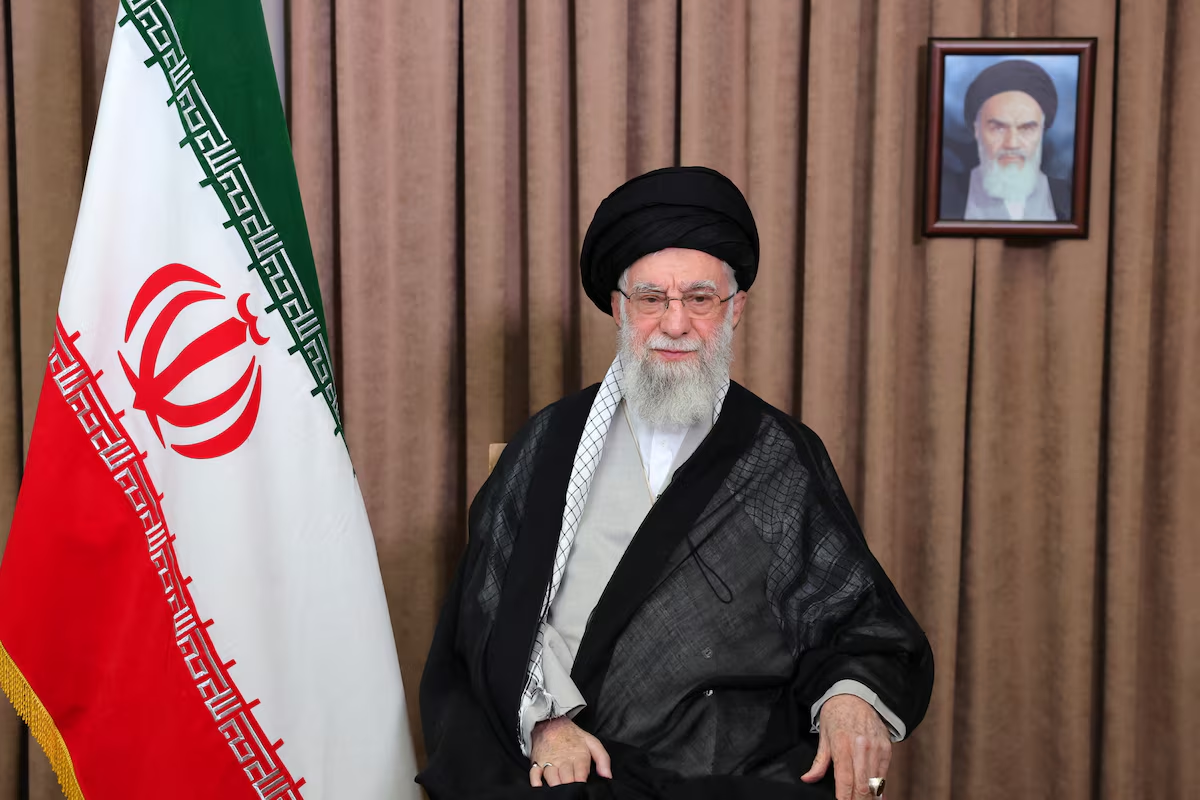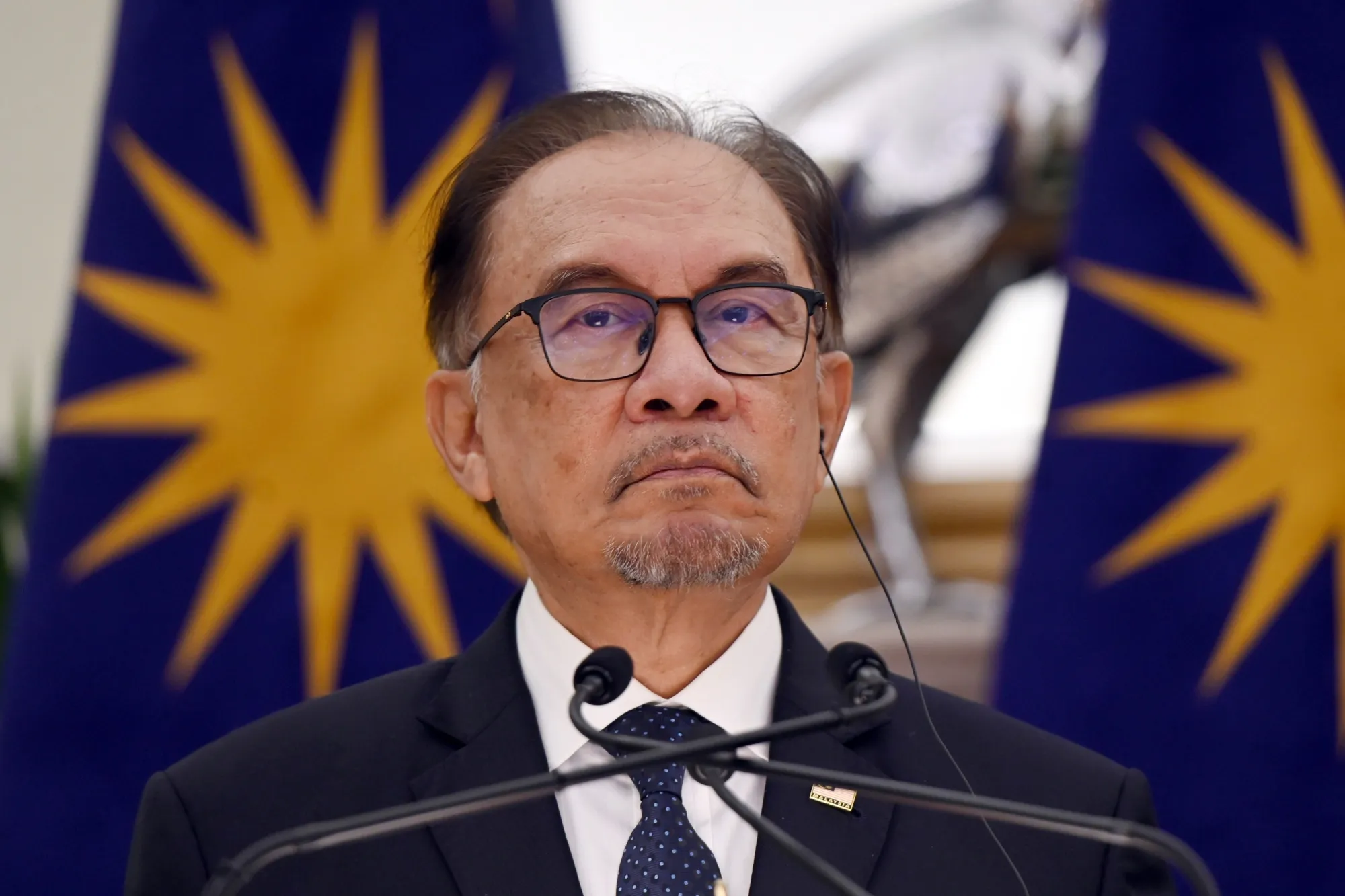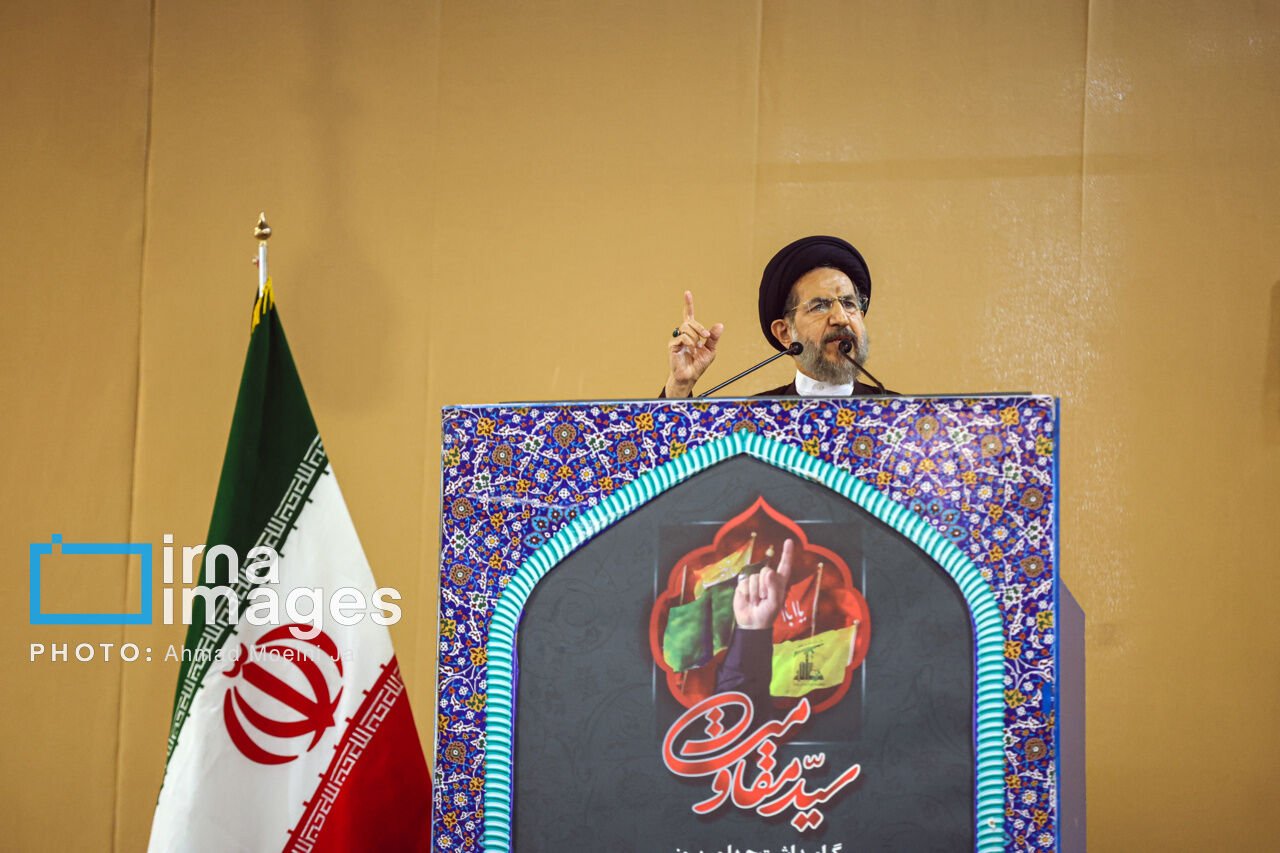Former Syrian President Bashar al-Assad May Lose Presidential Immunity: France’s Top Court Set for Historic Ruling
France’s highest court, the Cour de Cassation, is expected to rule today on whether former Syrian President Bashar al-Assad can be tried in absentia in France despite holding presidential status at the time of the alleged crimes. The case centers on chemical attacks in Ghouta (2013) and Douma (2018), and whether legal proceedings can move forward despite his immunity as a former head of state.
Former Syrian President Bashar al-Assad May Lose Presidential Immunity: France’s Top Court Set for Historic Ruling
Former Syrian President Bashar al-Assad May Lose Presidential Immunity: France’s Top Court Set for Historic Ruling
[Brussels, July 25, 2025] –
France’s highest court, the Cour de Cassation, is expected to rule today on whether former Syrian President Bashar al-Assad can be tried in absentia in France despite holding presidential status at the time of the alleged crimes. The case centers on chemical attacks in Ghouta (2013) and Douma (2018), and whether legal proceedings can move forward despite his immunity as a former head of state.
Assad, currently in exile in Russia, has not appointed legal representation in the case. He has consistently denied involvement in chemical attacks.
A Historic Moment for Human Rights Justice
Mazen Darwish, president of the Syrian human rights group Center for Media and Freedom of Expression, said, “If the ruling goes against Assad, it could pave the way for justice not only for Syrians but for victims worldwide.” He added that if successful, they plan to file cases against Syria’s former finance minister and central bank governor as well.
Human rights lawyer Mariana Peña stated, “This decision could set an international precedent, encouraging other national courts to challenge the concept of immunity for sitting or former leaders.”
Assad and the Syrian Civil War
Bashar al-Assad came to power in 2000, succeeding his father Hafez al-Assad. The brutal Syrian civil war began in 2011, during the Arab Spring, when Assad’s government cracked down on mass protests. Over 500,000 people have died in the conflict, according to the Syrian Observatory for Human Rights.
The Assad regime has been accused of widespread atrocities, including sectarian persecution, mass killings, torture, use of barrel bombs, and deployment of chemical weapons.
Investigations and Evidence
After the chlorine gas attack in Douma, Darwish’s organization collected evidence from the ground. They interviewed defectors from Syrian security forces to create a “chain of command” linking the attacks directly to President Assad.
“We have managed to connect this directly to President Assad,” Darwish confirmed.
Eroding the Shield of Presidential Immunity
While presidential immunity has long been upheld as a legal tradition, cases against leaders like Augusto Pinochet (Chile), Slobodan Milosevic (Yugoslavia), and Charles Taylor (Liberia) have challenged this norm. The International Criminal Court (ICC) has also issued arrest warrants for former leaders in Ukraine, Gaza, and the Philippines.
The upcoming French ruling could further solidify this shift in international justice.
Where Should Assad’s Trial Take Place?
Syria’s current interim government has launched investigations against 300 individuals accused of crimes in the country’s western regions. It has also expressed interest in collaborating with the United Nations to investigate past war crimes. Meanwhile, the Organization for the Prohibition of Chemical Weapons has urged the new government to destroy Syria’s secret chemical stockpiles.
“Justice should ideally be served in Damascus,” said Darwish, “but what matters most is that it is neutral and secure.”
His organization is currently preparing legal cases against 29 high-ranking Assad-era officials who have fled to Russia, the Gulf, Lebanon, and Europe.










